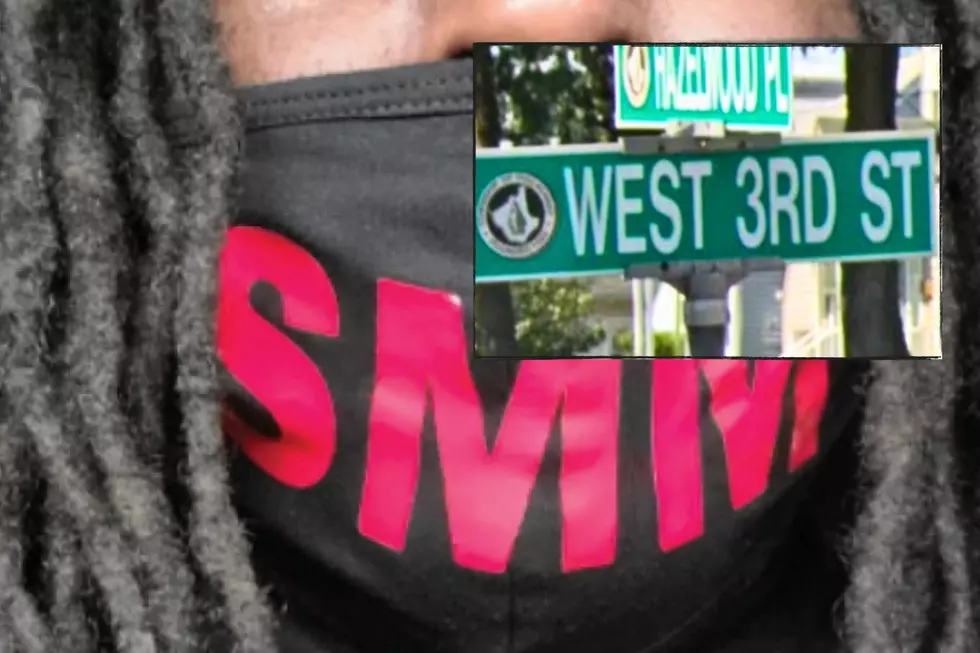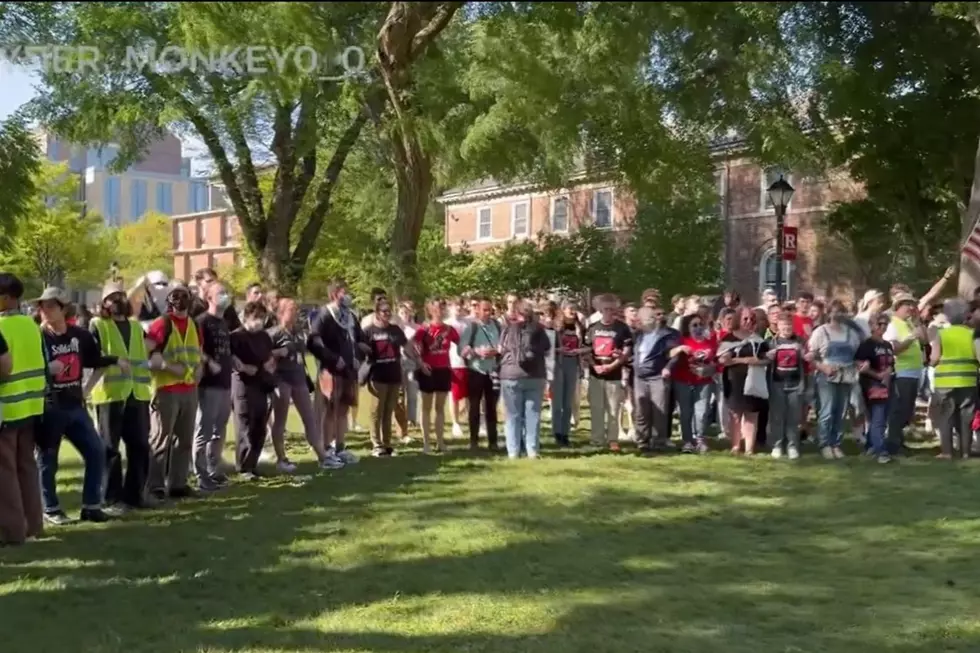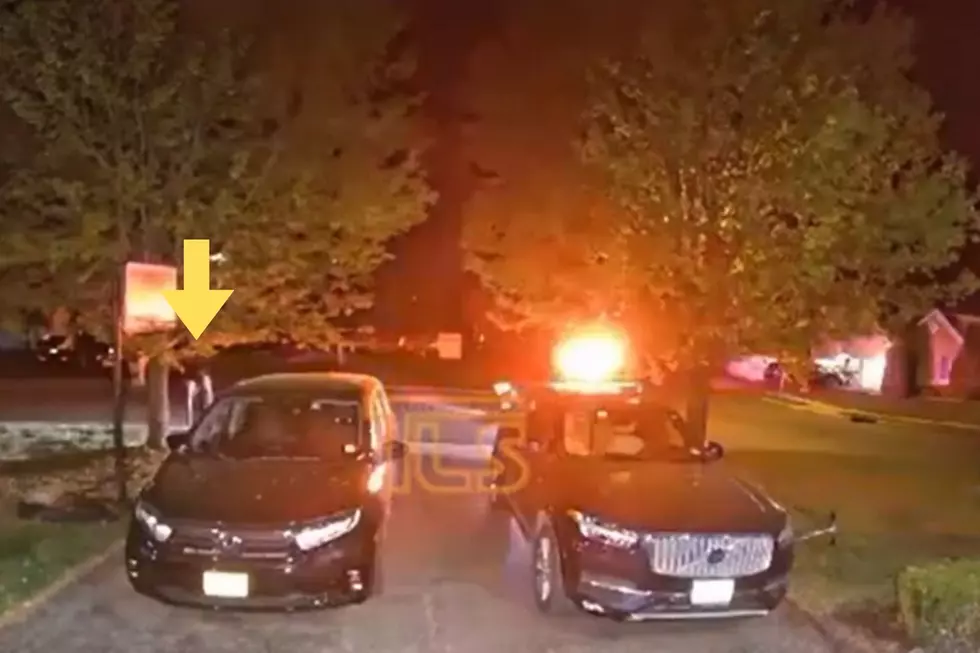
US not fully prepared for nuclear terrorist attack
WASHINGTON (AP) -- The federal government isn't fully prepared to handle a nuclear terrorist attack or large-scale natural catastrophe, lacking effective coordination, and in some cases is years away from ensuring adequate emergency shelter and medical treatment, congressional investigators have found.
The report by the nonpartisan Government Accountability Office, obtained by The Associated Press before its release, found that the Federal Emergency Management Agency didn't always keep track of disaster efforts by agencies, hampering the nation's preparedness even after Superstorm Sandy in 2012. That storm hit a large swath of the eastern U.S., including New Jersey, New York and Pennsylvania, which received federal disaster money.
"FEMA is not aware of the full range of information," according to the report. The investigation relied in part on internal documents from the Homeland Security Department, which oversees FEMA, including previously undisclosed details from a 2013 disaster plan that highlights needed improvements in the event of an attack from an improvised nuclear device.
The GAO said it would still take one to five years to develop a strategy to determine whether people were exposed to unsafe levels of radiation and five to 10 years to plan for a full medical response. Guidance also was lacking as to communication among first responders and making shelters and other basic needs available.
Investigators said FEMA, which leads an interagency group in creating a disaster response plan, needs to set clear deadlines and estimated costs to ensure that agencies fulfill the goals.
It is one of several reports that the office plans in the coming months on the level of disaster readiness.
"This report makes clear that there are some areas of our country's preparedness that need strengthening up," said Sen. Bob Casey, D-Pa., who co-chairs the Senate Caucus on Weapons of Mass Destruction Terrorism.
As to natural catastrophes, the report said FEMA should take a bigger responsibility in leading a coordinated response, setting clear minimum standards for agencies and collecting regular status reports. It said the Energy Department did not effectively coordinate with state agencies and the private sector during Superstorm Sandy, which was blamed for at least 182 deaths and $65 billion in damage.
It also cited a lack of coordination among federal agencies in deciding whether to send law enforcement personnel to the affected region.
Jim Crumpacker of Homeland Security said the agency would work to put into place GAO recommendations by June but noted it did not have legal authority to compel other agencies to take action.
"FEMA will continue to coordinate and collaborate with other federal departments and agencies," Crumpacker wrote in a response included in the GAO report.
According to the report, 39 of 102 corrective actions identified by federal agencies after Superstorm Sandy still need to be done. Among them:
- Improving emergency coordination with states.
- Boosting training in the use of electronic medical records and other care.
- Ensuring adequate transportation of injured victims.
(© 2014 The Associated Press. All rights reserved. This material may not be published, broadcast, rewritten or redistributed.)
More From New Jersey 101.5 FM







